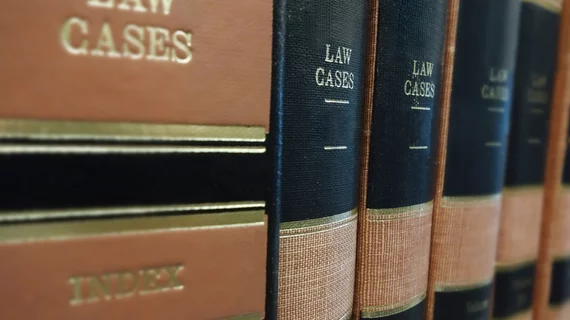Illinois hospitals’ tax exemptions at risk in court case
The Illinois Supreme Court will decide on a state law in 2012 allowing nonprofit hospitals to more easily receive property tax exemptions, potentially threatening millions of dollars in tax benefits for healthcare facilities in Illinois.
According to the State Journal-Register, the court case rests on whether the 2012 statute makes a clear requirement that the hospitals’ charitable services at least equal the value of what they would otherwise pay in taxes. The plaintiff, Constance Oswald, has argued the law replaces the standard charitable requirement and therefore violates the Illinois Constitution and previous court rulings.
Oswald’s argument was already rejected at the county level and again on appeal, but nonprofit hospitals in Illinois have dealt with other court cases challenging their tax-exempt status. In 2010, the state Supreme Court did rule Provena Covenant Medical Center in Urbana, Illinois, wasn’t providing enough charity care to avoid paying property taxes.
If hospitals lose in this case, their lobbying groups have warned of dire consequences.
“We have a lot of hospitals that are operating either in the red or very close to it,” said attorney Steven Pflaum, who is representing the Illinois Health and Hospital Association. “So now having to shoulder millions of dollars in property tax liability would be a significant problem for many of our hospitals.”
Whether nonprofit hospitals provide enough charitable contributions to justify their tax exemptions has been repeatedly questioned in recent years. Studies have shown those facilities haven’t greatly increased community benefit spending—and may have actually cut back on charity care—even as the Affordable Care Act led to big increases in revenue.
Read more at the link below:

